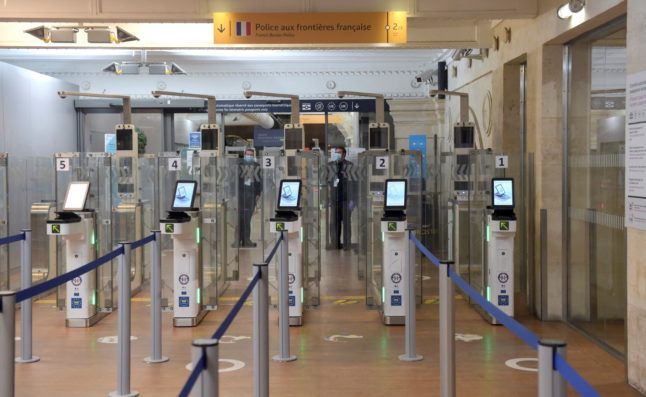It’s not pleasant but as the temperatures fall many people will be falling victim to traditional winter illnesses, from a slight cold to a nasty dose of the flu. So if you are feeling poorly, here’s the French words you need to get help.
Coughs, colds and flu: What to say and do if you fall sick in France
But autumn in France is not all bad. It is one of the best times for food-lovers in France, as the markets blossom with fresh and flavourful produce. Here’s a look at some of the tastiest dishes you should try this season, as the nights draw in and you long for something comforting.
Nine delicious seasonal French dishes to try this autumn
Travelling by train is one of the best ways to see France, as well as being better for the planet than flying or driving. However, train tickets don’t always come cheap – here is a current list of the railcards and offers that can cut the cost.
How you to save money travelling by train in France
If you’re visiting France from a non-EU country your time here is limited, unless you have a visa – but what happens to people who overstay and how strictly are the rules really enforced?
What happens if you overstay your 90-day limit in France?
Eating or drinking on the terrace of a café is one of the best of all French pleasures – but there are some unwritten rules.
Elbows in: An essential guide to French café terrace etiquette
After a bit of an argument on a recent episode of our Talking France podcast, The Local asked readers for their top tips for places to visit along the French coast. We were overwhelmed with suggestions for beautiful beaches, off-the-beaten-track villages and lively resorts.
Readers reveal: The best beaches and coastal resorts in France



 Please whitelist us to continue reading.
Please whitelist us to continue reading.
Member comments